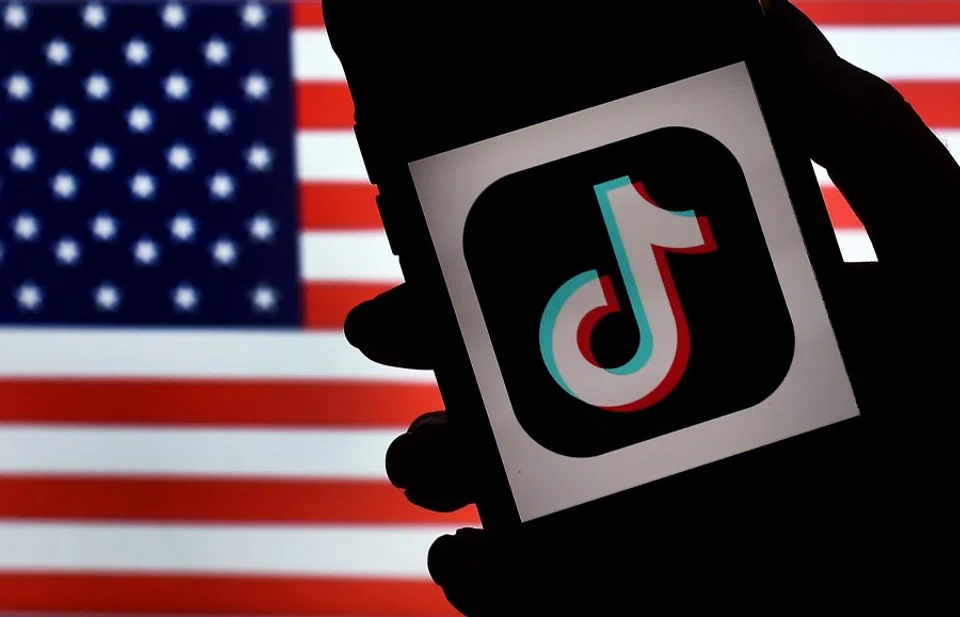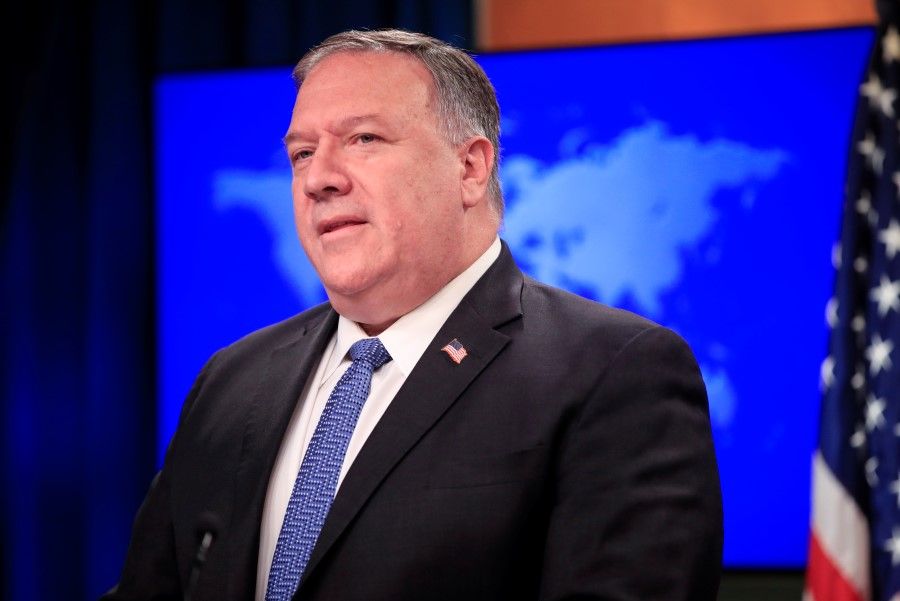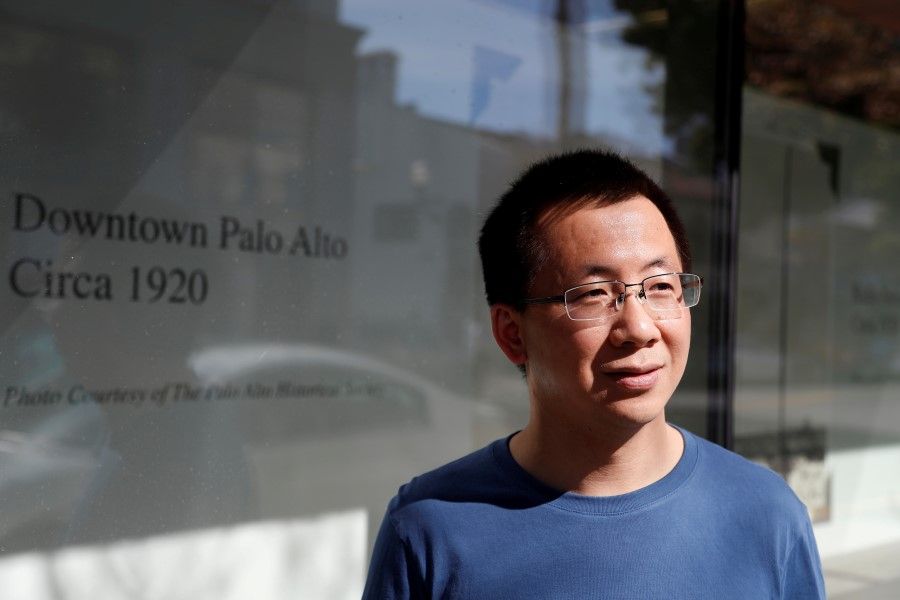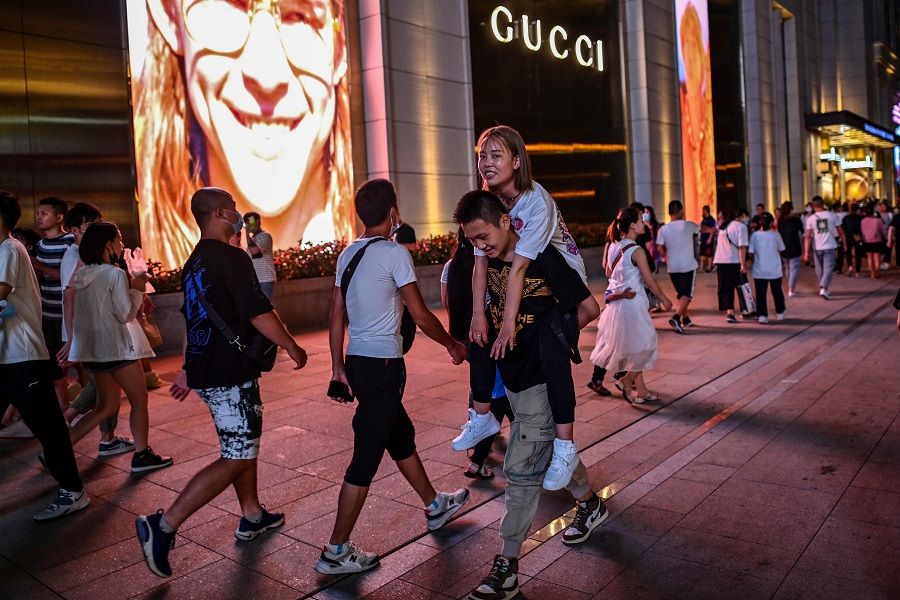Will TikTok and China continue to embrace the world despite US pressure?

US Secretary of State Mike Pompeo on Wednesday announced the expansion of its "Clean Network" initiative. Its five new lines of effort include: removing "untrusted" Chinese social media applications from US mobile app stores; preventing "untrusted" Chinese smartphone manufacturers (Huawei) from pre-installing or making available for download "trusted" apps from US and foreign companies on their apps store; and preventing sensitive information of US citizens and businesses from being stored on cloud-based systems "accessible to foreign adversaries through companies such as Alibaba, Baidu, and Tencent".
...the US's ultimate aim is to have its own companies and those of its allies cut ties with technology from China, and force Chinese technology back to China.
US undersecretary for economic affairs Keith Krach described this as an "effort to keep America's data safe from the CCP's (Chinese Communist Party's) surveillance state", noting that "China's tech companies and apps are an "extension of the great one-way China firewall" where "propaganda can go out, but nothing can come in".
Obviously, in what Pompeo and others have tagged as a tussle between the "free world" and "autocracy", the US's ultimate aim is to have its own companies and those of its allies cut ties with technology from China, and force Chinese technology back to China.
Pompeo's statement also claimed that "more than thirty countries and territories are now Clean Countries", and that the US called on more countries to stand up to the CCP. This is another move by the US to draw the "iron veil of technology" over China, complete with a new term -- building a "Clean fortress".

Cold War tactics will not work in new Cold War
The US is using the same tactics on China today that it used on the Soviet Union during the Cold War. The difference is that in this new Cold War, the element of an ideological clash rings hollow. Compared to the 1950s and 1960s between the US and the Soviet Union, juxtaposing the ideologies of the two current rivals holds much less appeal than it did before. Moreover, most other countries are unwilling to pick sides.
US criticism of China's one-way internet is not without basis, but for the US to trumpet a movement like "Clean Network" that deals with the likes of China in such a high-profile manner really makes one marvels at the reversal of roles. The US activating its national machinery to force TikTok to sell out also clearly goes against the spirit of free trade, and highlights that the China-US rivalry is fundamentally a tussle for power between big countries - the so-called "freedom versus autocracy" is just a pretext.
The 45-day deadline that the US set in forcing Chinese tech company ByteDance to sell TikTok's North America operations is slipping by, day by day. Being at the receiving end of this agreement, ByteDance founder Zhang Yiming does not have much bargaining power. And the possibility that he might sell TikTok has drawn a wave of vitriol from the internet community in China, who have called him a traitor, and said that this "exposes the weakness of the bourgeoisie in the face of imperialism".

The embattled ByteDance yesterday confirmed to the media that TikTok will invest US$500 million to build its third largest data centre in Ireland, to handle information of users in the UK and EU so that they trust their information and privacy is secure. TikTok is also exploring the possibility of setting up headquarters outside of the US.
Tiktok's predicament teaches a valuable lesson
These moves show that even if forced to sell TikTok's North American business, Zhang has not given up on going international and the vast global market. Despite obstacles from the US, he is still thinking of ways to realise his ambition of going global, and is working to find a solution that might be acceptable to Western countries apart from the US.
He knew that if the company retreated from the West under coercion from the US, ByteDance would lose the world, and by extension the chance to become a world-class multinational company.
In truth, when ByteDance was set up eight years ago, it had already set its sights on going global.The TikTok app it launched in 2017 proved to be a major success. American media described it as "China's first truly global internet success story". Zhang has always been expanding his business globally and seeking to stay at the forefront of technology.
Zhang did not immediately choose to beat a hasty retreat back to the safety of a Chinese market of 1.3 billion people, even though this would certainly keep ByteDance alive and ensure its long-term development. China would also continue to cultivate its own strengths in the technological field. He knew that if the company retreated from the West under coercion from the US, ByteDance would lose the world, and by extension the chance to become a world-class multinational company.
China cannot give up on aligning with international rules and imbibing advanced international concepts. It is also necessary to rectify the disparity between the level of openness it enjoys and allows, as raised by various parties.
Fight or flight?
Zhang's decision deserves to be understood better by various quarters in China.
Amid increasing pressure from the US, Chinese State Councilor and Foreign Minister Wang Yi said in an exclusive interview with Xinhua News Agency on 5 August: "Ultimately, they want to drag China and the United States into renewed conflict and confrontation and plunge the world into chaos and division again." He added that China is against any attempt to create a so-called "new Cold War". However, various signs point toward the fact that China has to reduce its reliance on foreign markets and technology. In the next five years, China will reportedly adopt a "dual circulation" growth model: prioritise "domestic circulation" by boosting domestic demand, and supplement this with "international circulation" in overseas markets.

This is a very realistic approach, but China cannot give up on aligning with international rules and imbibing advanced international concepts. It is also necessary to rectify the disparity between the level of openness it enjoys and allows, as raised by various parties. Under great suppression by the US, it is indeed difficult for China to make breakthroughs at the national or corporate levels. Tough negotiations and even compromises would have to be made with the US and other countries. Some of the other party's rules and requests would have to be accepted in order to forge mutual trust as well.
For a country with a "great power" mindset and a market of 1.3 billion people to fall back on, in most cases, it is easier to have others accept your rules than to make changes to your own because the choice to retreat and guard your population of 1.3 billion is always available. Yet, if this choice is made, China may lose its chance at holding its own as a true global power. It may even regress and return to its old ways and practices. This may be the outcome that the US is hoping for, and is certainly where China's real strategic risks and challenges lie.
Related: US wants it banned while the Chinese calls it a traitor. Is this the end of TikTok? | Chinese companies going global? Take heed of TikTok's crisis | Why is the West ganging up to fight the Chinese ruling party? | China's turn towards domestic market amid global uncertainties - good for the world? | Will China turn its back on the world again?
